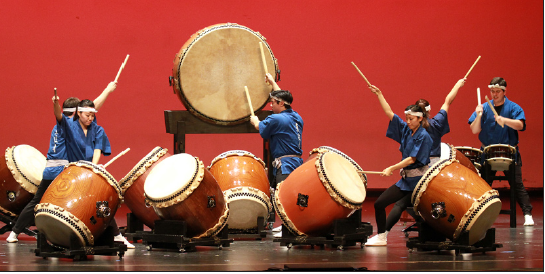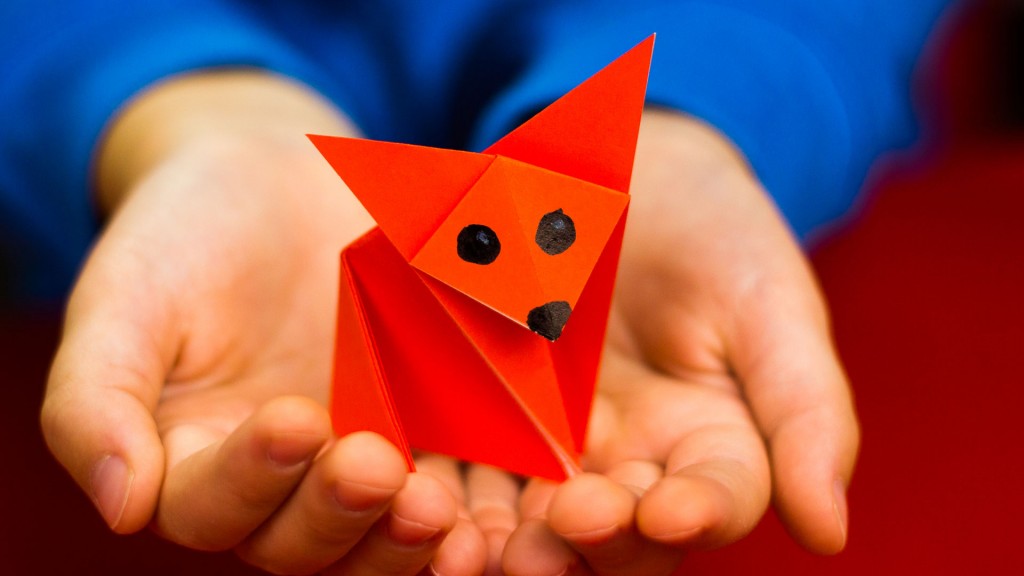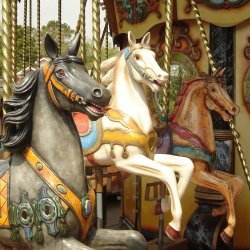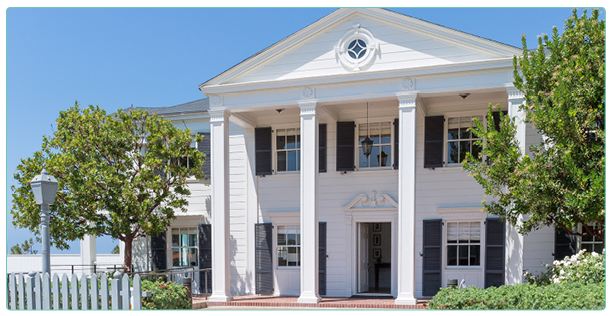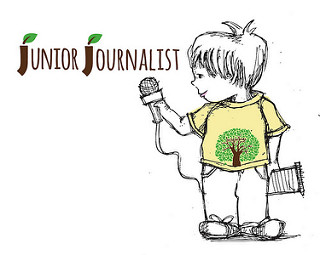
- This event has passed.
Big Read celebration by National Endowment for the Arts
2/3/2018
FreeEvent Navigation
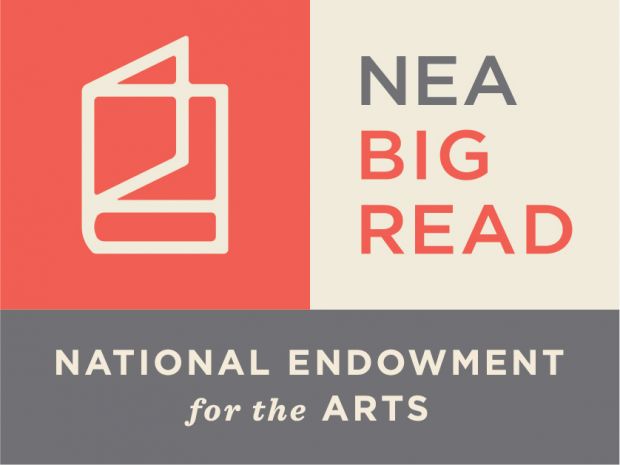
Pasadena Central Library’s NEA Big Read Celebration with Traditional Japanese Art Activities
When the Emperor was Divine is a historical fiction novel written by American author Julie Otsuka about a Japanese American family sent to an internment camp in the Utah desert during World War II. Click here to purchase the book.

SCHEDULE:
11am: Makoto Taiko – Japanese Drums • Donald Wright Auditorium
As a Pasadena-based community drum ensemble, Makoto Taiko seeks to unite people of all backgrounds in our local and global communities by preserving and sharing the spirit of Japanese Taiko drumming through performances, classes and other educational activities. Taiko drumming creates a dynamic experience for performers and audience alike, connecting drumbeats with heartbeats. Makoto Taiko blends traditional Japanese drumming with western sounds through its repertoire. The over 60 members that comprise the Makoto Taiko ensemble have performed throughout the United States and range in age from six to over 60, representing the variety of ethnic backgrounds and geographic diversity of the greater Los Angeles area.
11:45am: Tōyō Miyatake, A Manzanar Photographer Remembered • Donald Wright Auditorium
Alan Miyatake, grandson of Manzanar photographer Tōyō Miyatake, presents his grandfather’s photography and provides details on the photos from his collection displayed in the North Entry Display Cases.
1pm: “Making Home Again: Japanese American Resettlement in Post-World War II Los Angeles”• Donald Wright Auditorium
Kristen Hayashi, Ph.D., doctoral candidate in History at the University of California, Riverside, presents her dissertation research, which examines the return and resettlement of Japanese Americans in post-WWII Los Angeles. Nearly 37,000 of the individuals interned during WWII lived in Los Angeles County, home to the largest concentration of Japanese Americans in the U.S. While this history is now more widely known, far less is known about the subsequent resettlement period. How did Japanese Americans respond to the tremendous upheaval that the incarceration created? How did people restart their lives after losing so much? What types of challenges did returnees face? As the population essentially returned to its prewar size, how did Japanese American communities become reestablished in the greater Los Angeles area? Hayashi will address these questions using her family’s story as well as those of other Japanese Angelenos as the lens to examine the wartime incarceration and the process of “making home again” during the early post-war period.
2–4pm: Haiku Guys & Gals • Great Hall (Southeast)
Haiku is a major form of Japanese verse, written in 17 syllables divided into three lines of fi ve, seven and fi ve syllables, and employing highly evocative allusions and comparisons, often on the subject of nature or one of the seasons. Join the Haiku Guys + Gals as they write improvised haiku poems for guests on their typewriters. Presented by the Pasadena Museum of California Art.
2–4pm: Reiyukai America • Great Hall (Southwest)
Learn how to fold paper to make origami sculptures, and then create a special origami memory of your own.
3–5pm: Create A No-Sew Butterfly Book to Hold Special Memories • Studio on 4th

World War II internees could only take with them what they could carry. Reflecting upon this and taking inspiration from the novel, this craft reminds us how a book recalling things left behind would help internees endure gaman, a Japanese term for persevering through an unbearable situation with dignity and patience. Join artist Rosanne Kleinerman in creating a no-sew “butterfly book,” a Japanese technique that refers to the pages fl uttering like the wings of a butterfly, using a variety of drawing and painting materials. Participants will be encouraged to reflect on family and personal memories when creating the contents of their book. Presented by the USC Pacific Asia Museum. Space is limited. To sign up, call (626) 744-4014.


